10. [A] Set goals for the government. [B] Tell the officials how they should do.
[C] Ask the officials how they are going to do. [D] Ask the government to reach their goal.
PART ⅡREADING COMPREHENSION(45 MIN)
SECTION A MULTIPLE-CHOICE QUESTIONS
In this section there are several passages followed by fourteen multiple choice questions. For each multiple
choice question, there are four suggested answers marked [A], [B], [C] and [D]. Choose the one that you think is
the best answer and mark your answers on ANSWER SHEET TWO.
PASSAGE ONE
My class at Harvard Business School helps students understand what good management theory is and how it is
built. In each session, we look at one company through the lenses of different theories, using them to explain how
the company got into its situation and to examine what action will yield the needed results. On the last day of class,
I asked my class to turn those theoretical lenses on themselves to find answers to two questions: First, How can I be
sure Ill be happy in my career? Second, How can I be sure my relationships with my spouse and my family will
become an enduring source of happiness? Here are some management tools that can be used to help you lead a
purposeful life.
1 USE YOUR RESOURCES WISELY. Your decisions about allocating your personal time, energy, and
talent shape your life’s strategy. I have a bunch of businessesthat compete for these resources: I’m trying to have
a rewarding relationship with my wife, raise great kids, contribute to my community, succeed in my career, and
contribute to my church. And I have exactly the same problem that a corporation does. I have a limited amount of
time, energy and talent. How much do I devote to each of these pursuits?
Allocation choices can make your life turn out to be very different from what you intended. Sometimes that’s
good: Opportunities that you never planned for emerge. But if you don’t invest your resources wisely, the outcome
can be bad. As I think about people who inadvertently invested in lives of hollow unhappiness, I cant help
believing that their troubles related right back to a short-term perspective.
When people with a high need for achievement have an extra half hour of time or an extra ounce of energy,
they’ll unconsciously allocate it to activities that yield the most tangible accomplishments. Our careers provide the
most concrete evidence that we
re moving forward. You ship a product, finish a design, complete a presentation,
close a sale, teach a class, publish a paper, get paid, get promoted. In contrast, investing time and energy in your
relationships with your spouse and children typically doesn’t offer that same immediate sense of achievement. Kids
misbehave every day. It’s really not until 20 years down the road that you can say, I raised a good son or a good
daughter.You can neglect your relationship with your spouse and on a daily basis it doesn’t seem as if thing are
deteriorating. People who are driven to excel have this unconscious propensity to underinvest in their families and
overinvest in their careers, even though intimate and loving family relationships are the most powerful and
enduring source of happiness.
If you study the root causes of business disasters, over and over you’ll find this predisposition toward
endeavors that offer immediate gratification. If you look at personal lives through that lens, you’ll see that same
stunning and sobering pattern: people allocating fewer and fewer resources to the things they would have once said
mattered most.
2 CREATE A FAMILY CULTURE. It’s one thing to see into the foggy future with a acuity and chart the
course corrections a company must make. But it’s quite another to persuade employees to line up and work
cooperatively to take the company in that new direction.
When there is little agreement, you have to use power tools—coercion, threats, punishments and so on, to
secure cooperation. But if employee’s ways of working together succeed over and over, consensus begins to form.
Ultimately, people don’t even think about whether their way yields success. They embrace priorities and follow
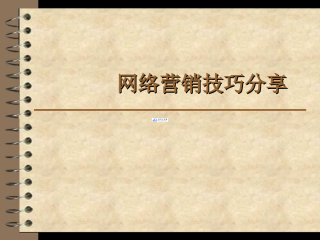
 2025-02-28 8
2025-02-28 8
 2025-02-28 6
2025-02-28 6
 2025-02-28 6
2025-02-28 6
 2025-02-28 5
2025-02-28 5
 2025-02-28 6
2025-02-28 6
 2025-02-28 5
2025-02-28 5
 2025-02-28 4
2025-02-28 4
 2025-02-28 7
2025-02-28 7
 2025-02-28 7
2025-02-28 7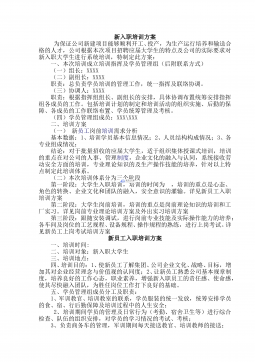
 2025-02-28 6
2025-02-28 6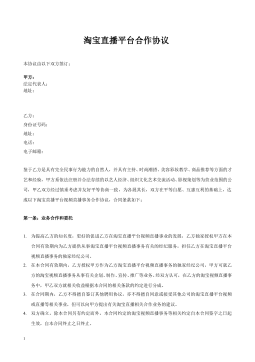
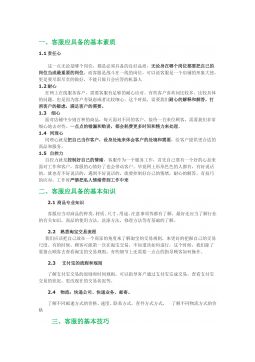
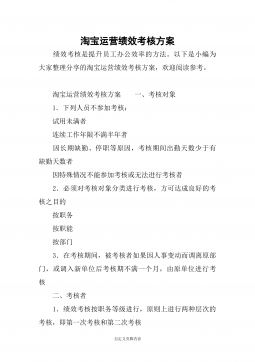
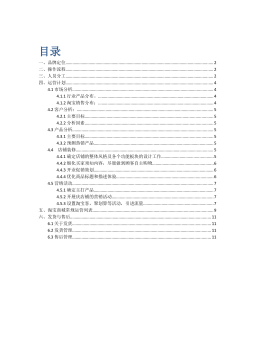
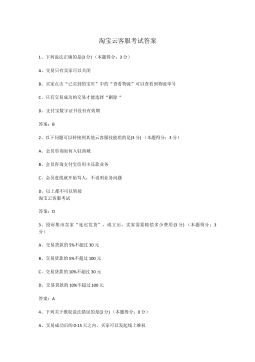



 渝公网安备50010702506394
渝公网安备50010702506394
